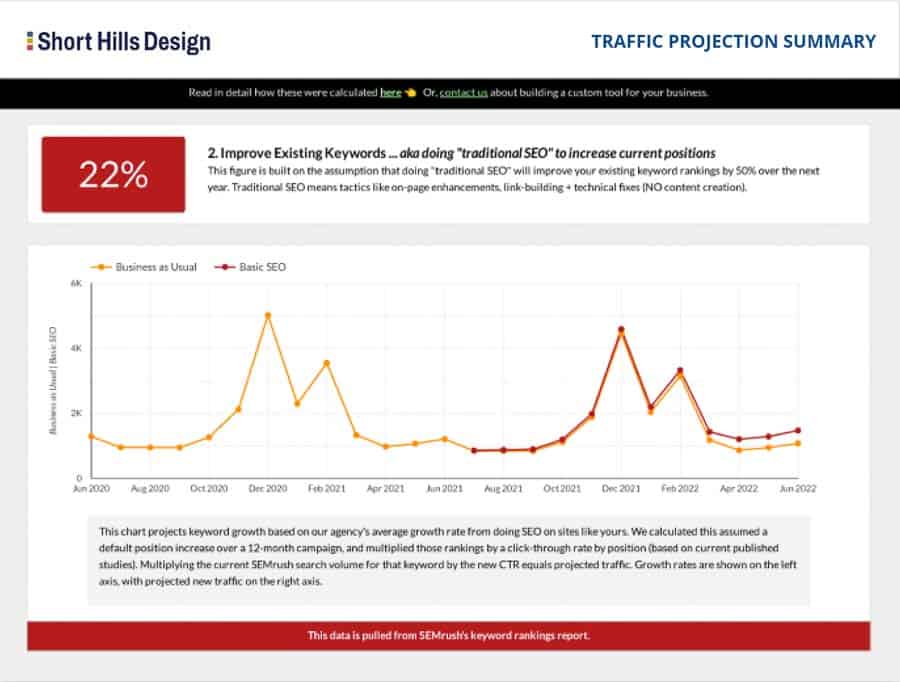I was recently involved in a debate on Dentaltown.com about SEO for dentists and the value of first-page rankings for particular keywords. The take-home message I gave in this discussion was that while it’s great to be ranked in the top 5 on a Google search for a keyword of choice, it’s critical not to forget that around 75% of web searches are for the “long-tail”. In this article I’m going to briefly discuss the “long-tail” and why its so important in the dental SEO process.
Keywords or search terms can be single words or phrases. The following are all examples of keywords:
Ranking for the term “dentist” is a waste of time as dentist is way too broad. Even if you could rank for the word “dentist” people from Florida are not going to Michigan for dentistry (or at least not due to a web search). Even “dentist nj” is too broad, as people from the Jersey Shore aren’t going to travel to the northwest of the state fora cleaning.
Now a keyword such as “family dentist 12345” where 12345 of course, is your area code, is a much better and more focused search term. But even so, there is presumably a lot of competition for this keyword.
You can think of “long-tail” keywords as “the rest of the keywords”, If you consider that “dentist mytown”, “dentist my zip code”, “cosmetic dentist mytown” are the “standard” and very competitive keywords, long-tail keywords are those that you wouldn’t necessarily spend thousands to rank highly for, but you would make an effort to include them in your page.
For example, let’s say you do a lot of whitening in your office. You could have a collection of blog posts such as:
Assume you’ve written the above three articles, and in the post-op and expectations article, you talk about “sensitivity associated with whitening” and “sensitivity after whitening” respectively. Now these articles are not about sensitivity -- they are about expectations and post-op.
But the point is that since you were writing the article anyway, and you mentioned sensitivity, you now have another opportunity to be found on a Google search. If someone in your area does a search for “sensitivity and whitening” your page (#2 above) may come up. Further, if someone is sensitive after take-home whitening and searches for “home whitening sensitivity” you may come up because your article has the keywords “whitening” and “sensitivity”.
The idea behind long-tail keywords, and about writing more and more original content as a whole, is that the more content you have out there, the greater the chance that one of your web pages will be found. And consequently, the greater the chance that you will bring in new patients.

